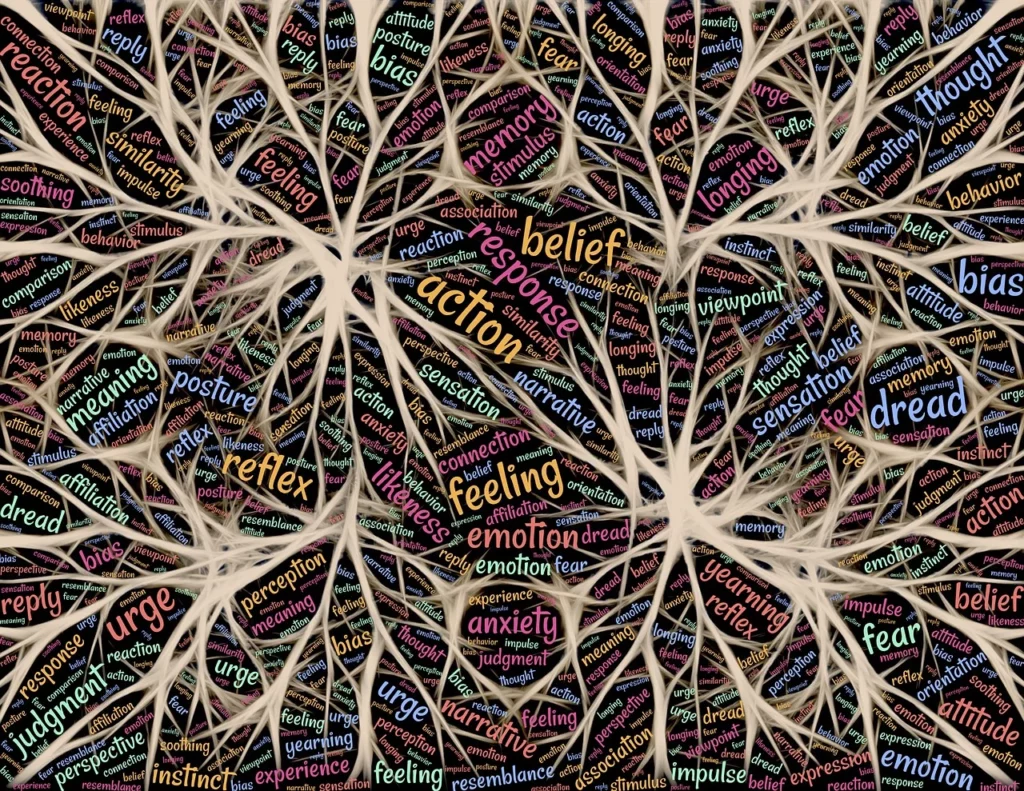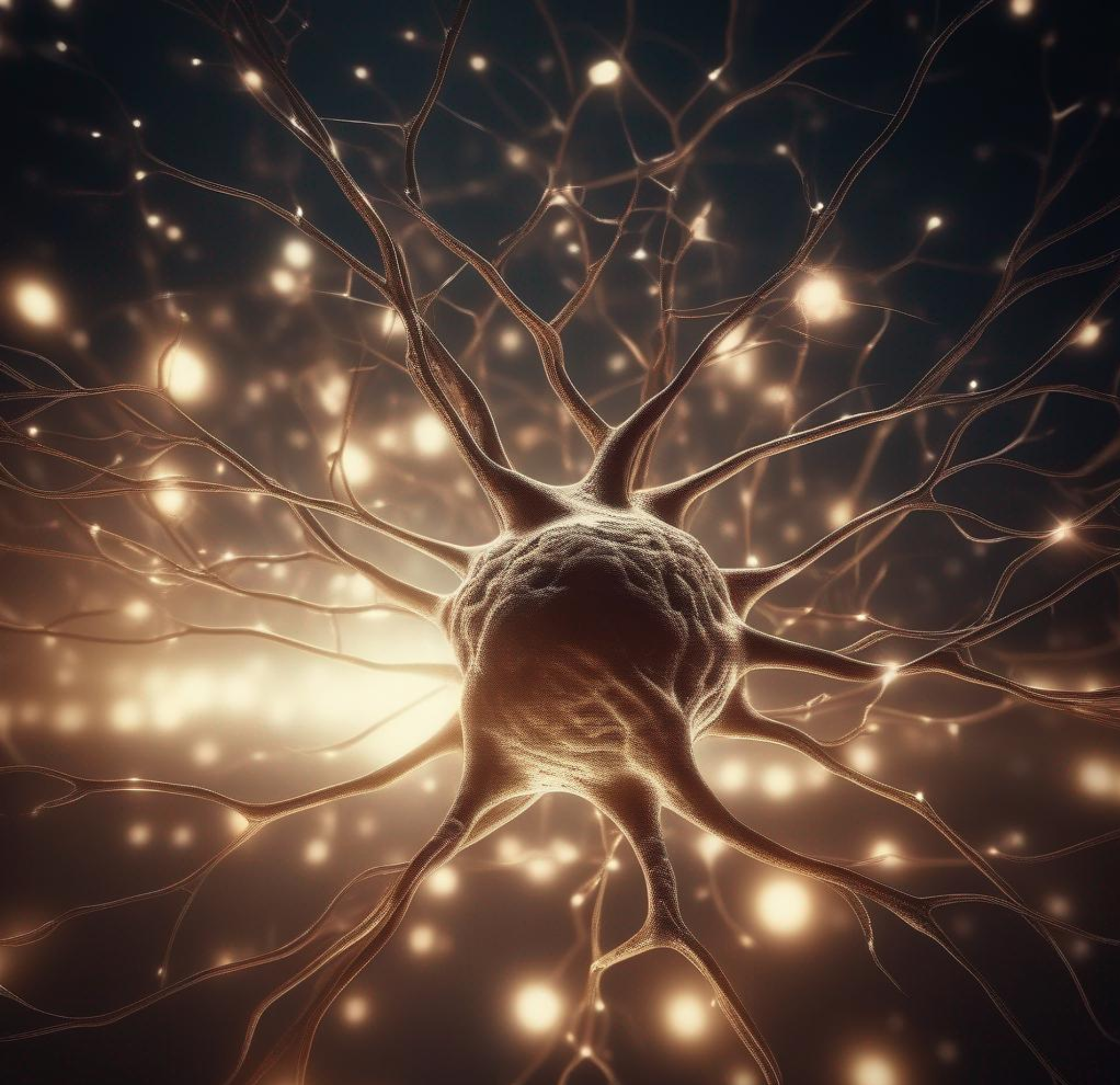
Frequently Asked: Are Affirmations Truly Effective? Let’s Cut Through the Hype
The answer isn’t a simple yes or no. While social media often reduces affirmations to catchy phrases like “I am a money magnet!” or “Good vibes only!”, peer-reviewed research reveals a far more nuanced truth: When crafted strategically, affirmations can rewire your brain, reduce stress, and fuel meaningful behavior change. But their power hinges on how you design and use them.
Decades of studies, including fMRI scans and longitudinal behavioral experiments, show that affirmations work best when they:
- Align with your core values (e.g., integrity, growth, connection),
- Focus on effort and agency (not just outcomes),
- Avoid clashing with your current self-view (to prevent backlash).
For example, research from Stanford and the University of Pennsylvania found that students who used value-based affirmations (“I care about learning, not just grades”) improved academic performance over time. Meanwhile, overly generic or grandiose statements (“I’m the best at everything!”) often backfire, especially for those struggling with self-doubt.
The Bottom Line?
Affirmations aren’t magic—they’re tools. When grounded in science and self-awareness, they can help you navigate stress, break self-limiting patterns, and build resilience. Below, you’ll find examples of affirmations designed to leverage these evidence-based principles, along with tips to tailor them to your life.
Science-Backed Principles of Effective Affirmations
- Principle 1: Values Over Vanity Affirmations rooted in your core values (e.g., kindness, courage, growth) activate brain regions linked to self-identity and motivation. Example: “I prioritize honesty, even when it’s hard.”
- Principle 2: Progress, Not Perfection Studies show focusing on effort—not outcomes—reduces stress and sustains habit change. Example: “I’m learning to trust myself, one small step at a time.”
- Principle 3: Authenticity Matters Forcing overly positive statements can backfire. Instead, acknowledge challenges while affirming agency: Example: “I feel nervous, but I’m capable of speaking up.”
Examples of Well-Constructed Affirmations
1. For Self-Worth & Resilience
- “I am enough, and I grow stronger with every challenge I face.” Why it works: Combines self-acceptance with a focus on growth, avoiding unrealistic positivity.
- “I respect myself enough to set boundaries that protect my energy.” Why it works: Ties self-worth to actionable behavior, reinforcing agency.
2. For Stress Reduction
- “I trust myself to handle uncertainty one step at a time.” Why it works: Reduces threat perception by emphasizing controllability.
- “I choose calmness over worry, even when things feel overwhelming.” Why it works: Uses “choose” to empower decision-making, aligning with stress-management strategies.
3. For Behavior Change (Health, Habits)
- “I honor my body by moving in ways that bring me joy and strength.” Why it works: Links health goals to intrinsic motivation (joy) rather than obligation.
- “I am committed to small, consistent actions that build a healthier life.” Why it works: Focuses on progress, not perfection, to avoid discouragement.
4. For Academic/Professional Growth
- “I am capable of learning and improving, even when it feels difficult.” Why it works: Targets growth mindset and reduces fear of failure.
- “My effort matters, and I celebrate every step forward.” Why it works: Shifts focus from outcomes to process, reducing performance anxiety.
5. For Relationships
- “I communicate with kindness and listen with an open heart.” Why it works: Combines empathy with actionable behavior.
- “I attract relationships that respect and uplift me.” Why it works: Focuses on self-respect as a foundation for healthy connections.
6. For Core Values Alignment
- “I live with integrity, staying true to what matters most to me.” Why it works: Reinforces self-integrity (central to self-affirmation theory).
- “My courage to be authentic inspires others to do the same.” Why it works: Connects personal values to broader purpose, enhancing motivation.
Avoid Pitfalls
- Skip generic phrases like “I am perfect” or “I attract millions.” These can feel inauthentic and trigger resistance.
- Instead of “I am fearless,” try “I acknowledge my fears and act with courage anyway.”
- Pair affirmations with action: For example, “I am growing my confidence by speaking up in meetings” ties affirmation to behavior.
Key Tips for Crafting Your Own
- Use present tense (“I am” vs. “I will”).
- Focus on controllables (effort, mindset) rather than outcomes.
- Include action verbs (“choose,” “grow,” “learn”).
- Anchor in values (e.g., integrity, compassion, growth).
By tailoring affirmations to your unique goals and beliefs, you maximize their potential to rewire thought patterns and support lasting change.
Further Reading
- Cohen, G. L., Garcia, J., Apfel, N., & Master, A. (2006). Reducing the Racial Achievement Gap: A Social-Psychological Intervention. Science, 313(5791), 1307–1310. DOI: 10.1126/science.1128317 Key finding: Value-based affirmations improved academic performance in marginalized student groups.
- Cascio, C. N., O’Donnell, M. B., Tinney, F. J., Lieberman, M. D., Taylor, S. E., Strecher, V. J., & Falk, E. B. (2016). Self-affirmation activates brain systems associated with self-related processing and reward and is reinforced by future orientation. Social Cognitive and Affective Neuroscience, 11(4), 621–629. DOI: 10.1093/scan/nsv136 Key finding: fMRI scans show affirmations activate brain regions tied to self-processing and reward.
- Wood, J. V., Perunovic, W. Q. E., & Lee, J. W. (2009). Positive Self-Statements: Power for Some, Peril for Others. Psychological Science, 20(7), 860–866. DOI: 10.1111/j.1467-9280.2009.02370.x Key finding: Forced positivity can backfire in individuals with low self-esteem.


